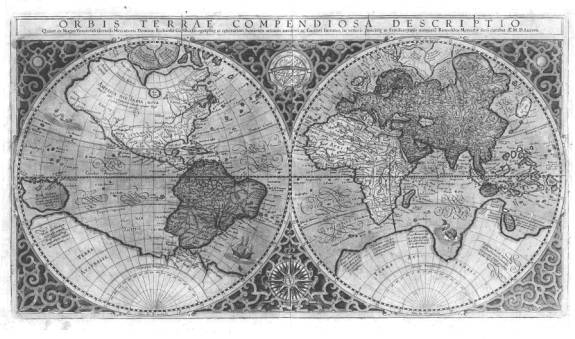LITR 5734:
Colonial & Postcolonial Literature

Sample Student Final Exams 2008
Essay 1: Describe and evaluate your learning experience or learning curve (Objective 3 + others)
Danielle Lynch
Defending the American Experience as Third Wave Colonialism
I regularly play Devil’s Advocate and this course was no different. I feel like so much of the course was spent listening to students talk about learning the “Un-American” experience that I got caught up in defending our experience and backing claims that other students found incomprehensible. The truth is – who has an American experience anymore? Because the United States is so acculturated, pinpointing what’s “American” anymore is virtually impossible. Nevertheless, the United States is still a nation that was once colonized, and even though we’re currently a secure nation, you could equate the current rate of immigration that is leading to such an acculturation with a kind of third wave colonialism. Sure, we are not ruled or funded by any other nation but when the minority becomes the majority, particularly in our home state, the majority becomes, in a sense, colonized. For the purposes of this essay, I will consider immigration as Third Wave Colonialism.
My favorite texts in this course dealt with just this subject: coming to America during this “third wave.” Bharati Mukherjee’s Jasmine, Jamaica Kincaid’s Lucy and the film version of Zadie Smith’s White Teeth modernized the course and allowed us to apply what we learned from the more classic novels of colonialism and postcolonialism to our country today. After reading Jasmine on my own this semester (and sacrificing a class or two of the required reading), I was disappointed that it was cut from the reading list because I feel like it examines this class objective the best. Hailing from India, Jasmine makes her way through the United States leaving her culture behind and adopting new cultures and subcultures as the years press on. Lucy is a close second, coming from the West Indies and experiencing all things “American” – sexuality, breaking free from your parents and making your own decisions in life. She pretends to detest American culture but ultimately, she is the definition of an “American.” Both Jyoti and Lucy adapt quickly to the “American” way of thinking, leaving their pasts behind.
White Teeth’s Millat, however, didn’t find the same solace in the western world. Millat didn’t come to the United States, but growing up in Britain, the country acts as a representative nation for the western world and thus, takes the place of the United States. Millat’s role was most interesting to me because it was a reversal of Jyoti and Lucy’s. Unlike his twin brother, Magid, he’s kept by his father in his home country. Not privileged enough to be sent to Bangladesh like his twin brother, it’s expected that he’ll grow up “American” or “western.” But ironically, the western world takes its toll on Millat, prompting him to join Muslim fundamentalist group, shed his former identity and take on a new persona. Millat takes the ultimate “western” plunge and acts on his own behalf with little influence from the world around him.
In Curtisha Wallace’s 2005 final exam, she asks the question of whether the characters in the Third Wave colonialism readings “embrace(d) the new culture they are immersed in or resist(ed) it,” clinging close to what they’ve always known? She also explores whether this causes “the characters to struggle with their identity.” Perhaps my critique of the character’s motivations and the struggle to find their place in the United States should be saved for my second essay but surely I could relate this to Objective 3C. You see, the American (or western world’s) resistance to or the ignorance of postcolonial criticism on a grand scale may be present but in the end, it’s the Jyotis, Lucys and Millats who act as a type of colonizer and find this type of colonization more difficult than other nations would imagine the United States found it as an imperialist nation colonizing other countries. Abandoning their own heritage for the new world, they struggle with their identity but their struggle exists only in how to shed their former identity soon enough.
The Jyotis, Lucys and Millats also embody the course objective of Tradition versus Modernity. Doing things differently than the way you or your parents were raised in your culture brings on the problem of the modern. Sometimes my in-class notes to myself are not clear to me until later. In my notes on the dialogue between Robinson Crusoe and Lucy, I wrote:
“American => Predestined to rebel.” I felt like that was a good way to sum up my experience in the course.
